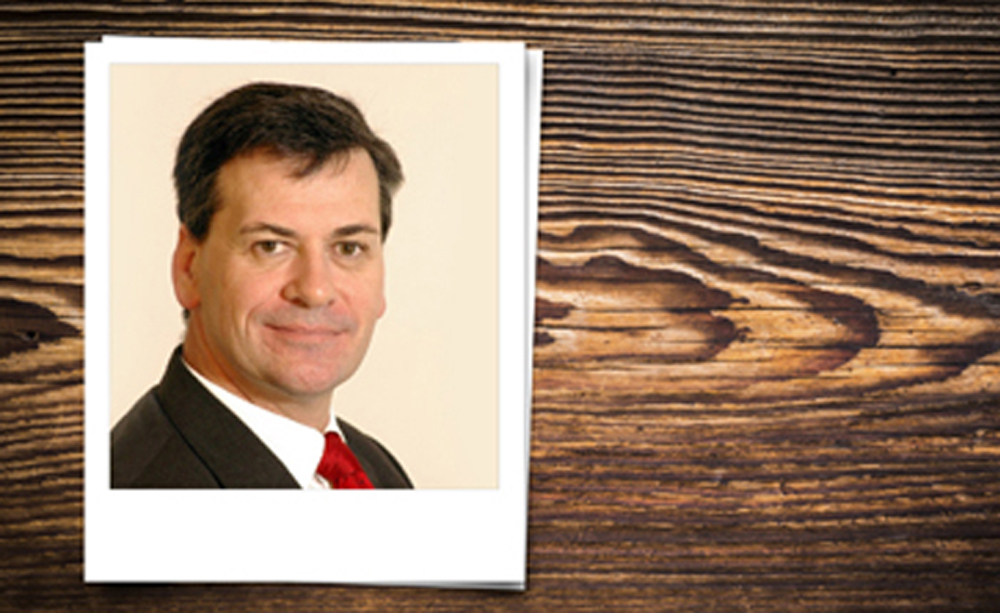Australia’s voice joins group set on crafting an international agenda for nursing. By Amie Larter.
John Daly, dean of the faculty of health at the University of Technology, Sydney, has been named the Australian representative on a new international nursing panel.
The Global Advisory Panel on the Future of Nursing (GAPFON) was recently formed to establish worldwide vision and direction for the profession.
“The advisory panel and its agenda provide an unprecedented opportunity for global nursing leadership to make major strides in contributing to advances in global health,” Daly said. “I feel very honoured, privileged and excited to have the opportunity.”
The first meeting was held over three days in Basel, Switzerland, where members met and identified key issues, including the need for reform, advocacy and innovation in leadership, policy, practice, education and working environments.
Daly said the group is focused on identifying opportunities to further develop leaders in nursing, and people who can contribute to policy development.
“There are a number of areas where nurses are often excluded; but they are often in a position to provide the best advice and they are often very good at finding the right answers to problems in clinical practice or in health service delivery,” Daly said. “[It is also about] making nursing more prominent and getting it better engaged with the other healthcare professions and disciplines. So it’s not being inward looking; it’s trying to improve cross-fertilisation across the leading health development organisations at a national level and an international level.”
Hester C. Klopper, president of the Sigma Theta Tau International Honor Society of Nursing, said nurses need to do a better job of exemplifying their role as the only health professional that “brings it all together” for the patient population.
“Nurses’ direct impact on world health should be explained and celebrated to audiences who may be uninformed,” Klopper said. “On the global level, nurses are excluded from decision-making roles at places like the World Health Organization, the United Nations, and in other organisations where global health decisions are being made.
“In part because of this omission, nursing education programs around the world are not consistent where global health issues and messaging are concerned.”
Even though research shows nurse involvement in patient care improves outcomes, Klopper confirms nurses worldwide are being marginalised by administrators who focus on cost without considering return on investment.
“A trend is emerging in large health systems in which RN positions are being cut, deemed too expensive, in favour of other less-expensive positions that can do comparable work, such as community health educators, patient navigators, and other similar positions.”
Dr Rowaida Al-Ma’aitah, a Senator in Jordan and a member of the Jordan Nursing Council, believes the time is right for a sharper vision and collective voice for nurses and midwives all over the world to influence the global health agenda.
“GAPFON is a powerful vehicle for paving the future of nurses’ influence in achieving global health outcomes,” Al-Ma’aitah said.
Daly confirmed that the next GAPFON meeting is likely to be in October. He said he would be acting as a conduit between Australian nursing leaders and the global forum.
“Part of my job is to bring the Australian perspective, and for me to make sure I am on top of the issues through my work with the Council of Deans, with the chief nurses group and with the Australian College of Nursing,” he said.
12 to build on
In its first meeting, GAPFON identified four keys areas of primary concern and focus: leadership; policy; workforce, work environment and practice; and education and curriculum.
Here are 12 strategies that emerged:
- Build and share evidence of the value of nursing – return on investment
- Establish and participate in collaboration to improve outcomes
- Participate in and influence health policy and the global agenda
- Cultivate and position leaders at all levels
- Create and implement an evidence-based policy agenda
- Align a united nursing policy voice
- Advance a systems approach to human resources for health
- Advocate for healthy work environments
- Promote quality nursing practice
- Maximise scope of nursing practice
- Ensure regulation of licensure and accreditation of nursing education programs
- Advocate for reform of educational programs to ensure innovative, interprofessional and systems approaches
Email [email protected]
 Aged Care Insite Australia's number one aged care news source
Aged Care Insite Australia's number one aged care news source

